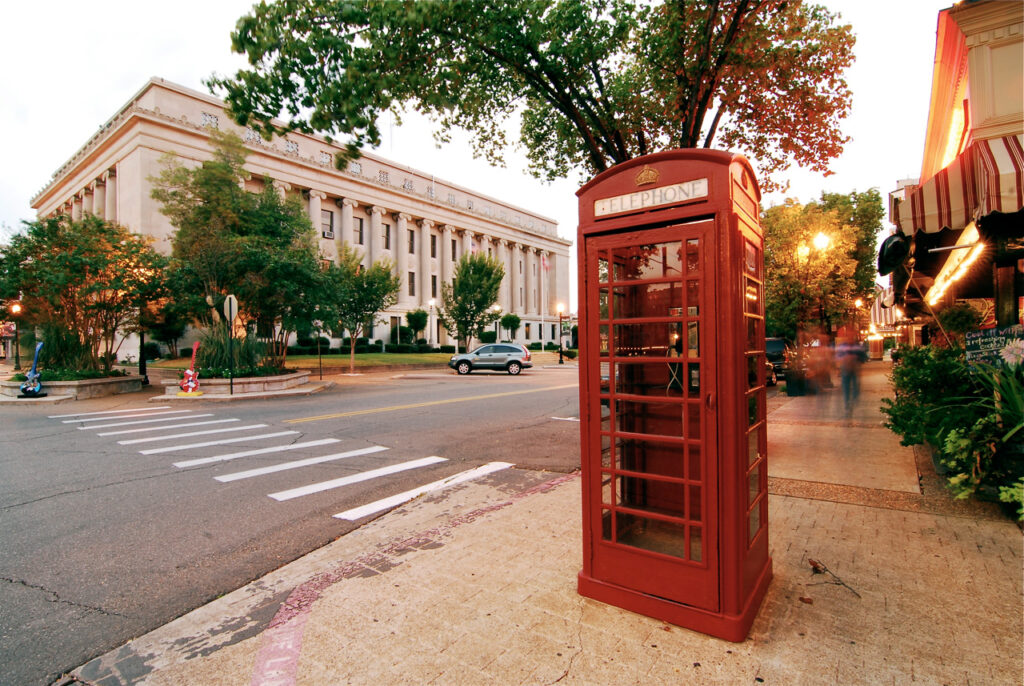
Union County Industrial Board (AR) – Economic Development Strategic Plan
Challenge
The fate of Union County, Arkansas, along with that of its county seat El Dorado, has historically been tied to the region’s abundant natural resources, with timber and oil driving the economy for much of the twentieth century. While El Dorado’s oil boom ended decades ago, its legacy remains manifest throughout much of the community. Located along Arkansas’s southern border far from the capital city of Little Rock, the county is remote to much of the state and the nation. The lack of direct interstate connections offered by major roadways serving the area has only exacerbated its isolation. Without strong transportation ties, El Dorado and Union County have been unable to capitalize on manufacturing opportunities that have helped transform the southern US in recent decades.
Response
Recognizing these challenges, the El Dorado Chamber of Commerce and the Union County Industrial Board, hired TIP Strategies in May 2006 to prepare an economic development strategic plan. Based on a review of economic and demographic data and a robust stakeholder outreach process (including an online community survey, focus groups, and leadership workshops), TIP prepared a holistic strategy designed to reposition El Dorado and Union County as the regional center for south Arkansas. While the plan was organized under three goals—talent, business and industry, and quality of place—several key projects were called out as priorities. These included expanding the county’s transportation network; retaining existing businesses, most notably Murphy Oil’s headquarters in El Dorado; supporting developments that would increase the availability of quality housing options; positioning the local healthcare sector as an asset for talent retention and attraction; establishing a conference center; and continuing to invest in the revitalization of downtown El Dorado through the creation of an entertainment district. Adopting a new local sales tax aimed at increasing the community’s capacity to implement the plan was a pivotal strategy. Approved by El Dorado voters in April 2007, a temporary, one-cent city sales tax known as El Dorado Forward raised more than $38 million over eight years. When the tax expired in 2015, voters approved the El Dorado Works tax. During the final phases of its eight-year cycle, El Dorado Works was on track to exceed its $50 million revenue forecast. Monies from these revenue streams have funded a long list of transformative capital improvements and community projects, including construction of the El Dorado Conference Center, transportation improvements, water and wastewater projects, and upgrades to area parks and facilities. The community is set to vote on the third iteration of the tax, El Dorado Wins, in May 2025.